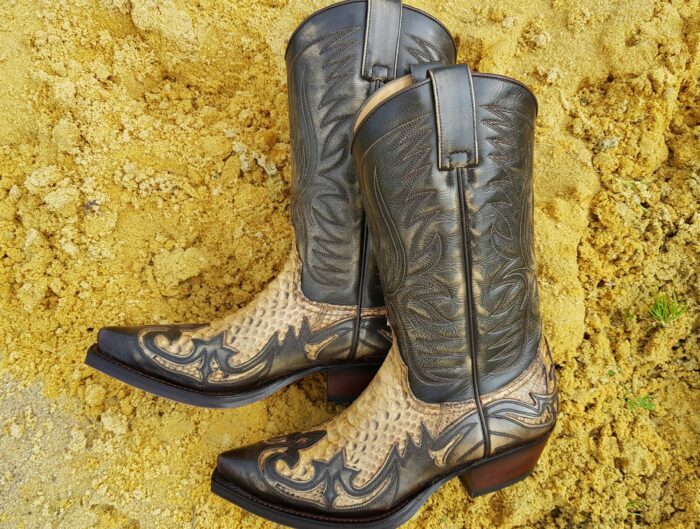Winner of the Summer 2021 Five South Prize for Flash Fiction
He was never what you would call a tall man.
My husband stands against a yellow giraffe height chart stuck to the kitchen wall. It comes up to his shoulder, so he hands me a ruler and tape measure. I measure him, balancing the ruler smoothly upon his godless tonsure. ‘What’s that in feet?’ he says, when I add the giraffe and the tape measure together. He discovers he’s lost some inches. He was never what you would call a tall man. ‘You need to lose some,’ he says, pulling me down, with both hands, by the crown of my head, ‘so it’s all relative.’
He pulls me down by one arm in the supermarket. In the car after our son’s parents’ evening. When we meet by the loos at a Thai place on his forty-fifth birthday. While I’m pouring porridge oats. Brushing my teeth. First thing in the morning. Last thing at night. Whenever he passes me really.
‘We can do better,’ he says, when we realise I come up to his chin now, not his nose.
He presses me down whenever he’s at home; every evening and weekend. I’m trapped between his weight and the floor. The children make their own supper, and it’s always toast. I can’t read to them before bed anymore, so they play games on screens and have late nights instead.
But, slowly, it works.
Before leaving one morning, he places me against a wall, a stack of books upon my head. I stand there all day, until he gets home. I am shorter, so he weights me with heavier things – an iron, the microwave, Henry the Hoover – I lose height even faster.
When he lines us all up, I am smaller than the children; we all fit neatly within the yellow giraffe height chart. ‘Now we’re getting somewhere,’ my husband says, and borrows a travel cot from a friend at work.
At Christmas, he brings our daughter’s old doll’s house down from the attic. It is placed under the stairs, and I live there, with a decorative front door that doesn’t actually open and a humanoid flocked rabbit bigger than I am.
I miss the children. Every morning I come to the Perspex window and wave them off to school. One day I see him place a firm hand on their heads as they tie their shoes. ‘But they’re already so wee,’ I shout. My fists on the plastic make no sound, and they can’t hear me through the Trompe-L’oeil’d plywood walls. ‘Is she trying to say something?’ my son asks.
At night, when the children are in bed, he comes down and opens the doll’s house. The rooms suddenly split in half and the furniture slides around. He takes me out and squeezes me between his thumb and forefinger.
I try to shout, but I am so small now that he can’t hea –


